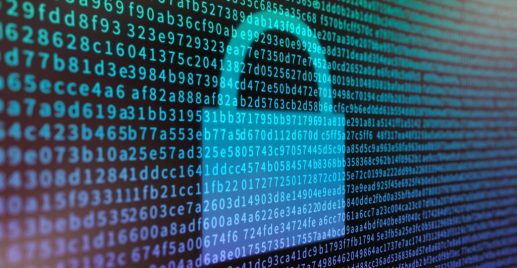Civil Society Organisations (CSOs) have been called upon to raise awareness about the significance of encryption in safeguarding the right to private communication on digital platforms.
This appeal emerged during a stakeholder meeting hosted by Paradigm Initiative in Bulawayo as part of the belated commemoration of Global Encryption Day.
Data encryption, the process of converting readable information into an encoded format (ciphertext), ensures privacy by restricting unauthorised access through the use of a decryption key.
Celebrated annually on October 21, this year’s Global Encryption Day carried the theme: “Encrypt Today to Safeguard Tomorrow.”
Strong encryption is a cornerstone of digital security, protecting individuals’ private communications and sensitive information from cybercriminals and other malicious actors.
It is also essential for securing the data of governments, businesses, and citizens while upholding trust online.
At the meeting, Sipho Moyo, a lawyer from Zimbabwe Lawyers for Human Rights (ZLHR), said CSOs and human rights defenders need to educate the public about their digital rights and the role of encryption.
“We have a long way to go regarding digital rights. From the grassroots level, people must understand their right to internet access and the boundaries of what they can or cannot do online. When these rights are understood, citizens can advocate for encryption rights,” Moyo explained.
Thobekile Matimbe from Paradigm Initiative underscored the constitutional provisions on privacy and their implications for digital rights.
She highlighted international best practices, such as the African Charter on Human and Peoples’ Rights (ACHPR), which guarantees the right to anonymous communication.
“If you choose to use a pseudonym online, it’s your prerogative. This safeguards the confidentiality of your communication from third-party interference,” Matimbe said.
She further called for legal frameworks that protect encryption rather than undermine it.
“States should refrain from enacting laws or measures that weaken encryption. Encryption ensures that messages sent between individuals remain confidential. Without judicial oversight, no one should seize personal devices to snoop into private communications,” she added.

